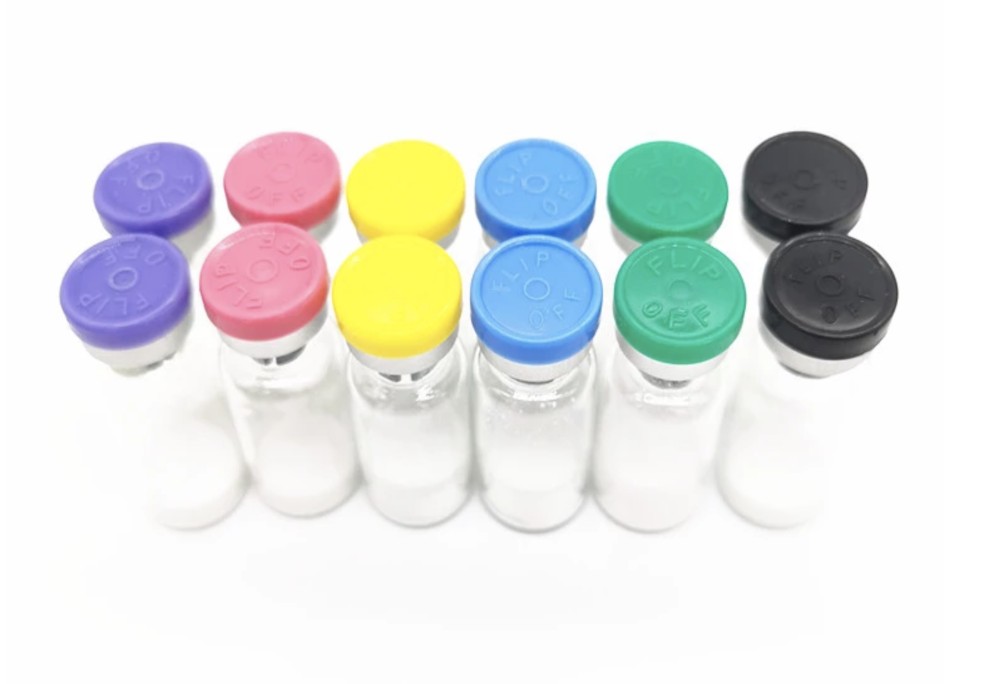| Product name |
Epitalon |
| CAS No. |
307297-39-8 |
| Other Names |
Epithalon |
| Molecular Formula |
C14H22N4O9 |
| Molecular weight |
390.35 |
| Grade Standard |
Medicine Grade |
Epithalon (also known as Epitalon or Epithalone) is the synthetic version of the polypeptide Epithalamin which is naturally produced in humans. This pineal peptide preparation is secreted in the epithlamium-epiphyseal region of the brain. Its more prominent tasks are: to regulate metabolism in the epiphysis, increase the sensitivity of hypothalamus to its natural hormonal influences, normalize the function of the anterior pituitary, regulate the levels of gonadotropins and melatonin in the body. Epithalamin increases a person's resistance to emotional stress and also acts as an antioxidant.
Epitalon decreases the age-related changes in immune and neuroendocrine systems, reduces the incidence of recurrent infections and chronic diseases. Long term clinical trials have shown that in patients with age-related pathology Epithalamin eliminates imbalance in prooxidation and antioxidation systems. (reference: N. Anisimov et all. Neuroendocrinology Letters, 2011, PMID: 11335874)
Results of 12-months treatment with Epithalon in patients with signs of accelerated aging showed normalizing effect on metabolism and condition of various functional systems. Elevated uric acid, alkaline phosphatase and cholesterol in elder patients returned to normal after 10 days of treatment, and remained stable in a several months peroid afterwards.
Epitalon is administrated orally, nasal spray drops or injectable (by far the most effective method) in 10 - 20 days-in-row cycles.
Oral administration: 500mg - 1g/day, 2 - 3 servings per day
Nasal administration: 15 - 30mg/day, 3 servings per day
Injectable administration: 5 - 10mg/day, 1 - 2 injections per day (intramuscularly or subcutaneously)






















